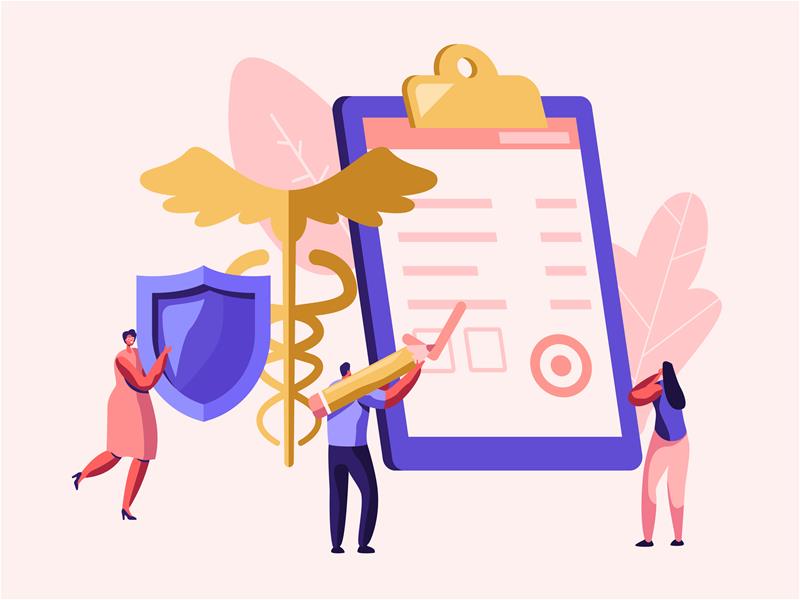Recovering from the effects of COVID? Here’s what you can and can’t do
Recovering from the effects of COVID? Here’s what you can and can’t do

The word ‘recovery’ for COVID-19, has loose interpretations, given the nature of its symptoms and their persistence. Even if you are no longer infected by the virus, chances are high that you might continue to feel its symptoms. From shortness of breath and loss of taste and smell, to long-term organ damage, COVID-19 can continue to affect the body long after it’s been rendered impotent.
While some of the symptoms will get better as time passes, others might require more time and effort, while actual recovery may take longer. Here’s what you can do to manage your symptoms and care for yourself on your road to complete recovery:
Managing cough
A dry cough can put unnecessary strain on your throat. Drink plenty of lukewarm fluids. Steam inhalation can help with dry cough, as well as productive coughs, by loosening the phlegm lodged in the lungs and throat. Lie on your left or right side and not on your back to facilitate the movement of phlegm. Saltwater gargles or Betadine gargles are effective in soothing sore throats as well.Fatigue
Fatigue that lasts for more than six weeks is termed as chronic fatigue. It can lower your productivity, reduce appetite, and take a toll on your mental health as well. The best way to manage fatigue is to take regular breaks between work. Take a few days off as well, if required. Get as much rest as possible, with at least 7 hours of sleep at night.Diet
Eat a balanced, nutritious diet, not too rich in fats and spices. Eat a rainbow! The more colourful your plate, with vegetables and fruits, the more diverse will be your nutrition intake. Have plenty of proteins (lentils, eggs, soy, chicken stew, seeds, nuts) as proteins are responsible for repairing the body.Exercise
While fatigue may discourage you from exercising, it is essential to increase your energy levels. Go easy for the first two weeks, with a 10-minute walk every day. Practise deep-breathing exercises such as pranayama and balloon-blowing. Take breaks as and when necessary. Once the symptoms have subsided considerably, increase the intensity of your workout and aim for 30 minutes, 5 days a week.Also practice brain teasers, and games that stimulate thinking, and logic. Games such as sudoku, puzzles, crossword, are helpful in stimulating brain activity and will keep your synapses firing.
Relax
Most importantly, relax! A relaxed body and mind will think more clearly, and positively. Meditate, listen to your favourite music, watch your favourite shows, be present in the moment – all of these will help you relax and aid in the recovery process. Spend time with your family and reconnect with friends in order to form a supportive network.
By keeping these five things in mind, you can manage your recovery well. However, there are a few things you must avoid doing.
Quit smoking - Smoking damages the lungs and suppresses immunity. Immediate positive effects can be seen when you stop smoking.
Reduce screen time – Avoid scrolling through social media and spending time on the screen as it can dampen your mood. Live in the moment.
Avoid alcohol – Alcohol is an immunosuppressant that must be avoided after your immune system has already been ravaged by a virus.
Avoid exertion – Any physical activity that has you feeling dizzy afterwards must be avoided. Do not get back into your normal routine until after seven days have passed since your symptoms have subsided.
So, recovering from this deadly disease is easier than it seems. Keep oxygen monitoring tools handy at home, in case of an emergency. Also, ensure that you can arrange for an oxygen cylinder during an emergency. If you hadn’t been living a healthy life before the pandemic, let this be the trigger for that change.
Be prepared for emergencies financially too, by availing the right health insurance plans for you and your dependents. This way, you can live stress-free and not worry about exhausting your savings to foot medical bills.
Disclaimer: The above information is for illustrative purpose only. For more details, please refer to policy wordings and prospectus before concluding the sales.










 Health Insurance
Health Insurance  Travel Insurance
Travel Insurance  Car Insurance
Car Insurance  Cyber Insurance
Cyber Insurance  Critical Illness Insurance
Critical Illness Insurance
 Pet Insurance
Pet Insurance
 Bike/Two Wheeler Insurance
Bike/Two Wheeler Insurance  Home Insurance
Home Insurance  Third Party Vehicle Ins.
Third Party Vehicle Ins.  Tractor Insurance
Tractor Insurance  Goods Carrying Vehicle Ins.
Goods Carrying Vehicle Ins.  Passenger Carrying Vehicle Ins.
Passenger Carrying Vehicle Ins.  Compulsory Personal Accident Insurance
Compulsory Personal Accident Insurance  Travel Insurance
Travel Insurance  Rural
Rural 











